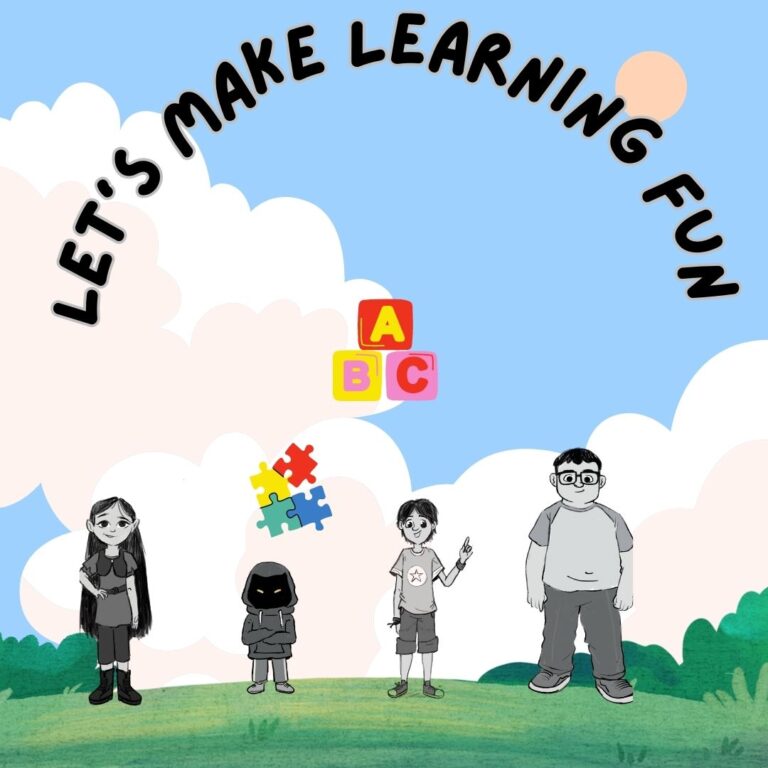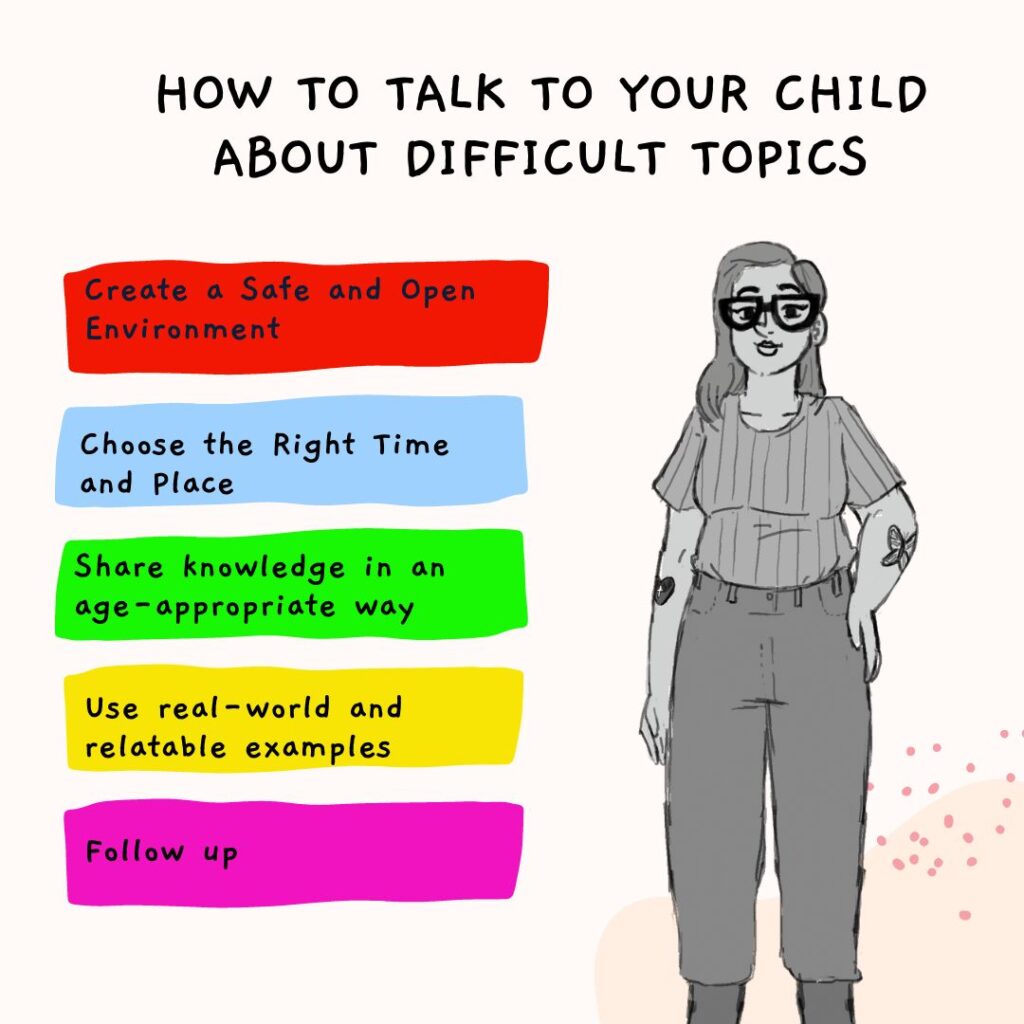
Is there ever a right time to talk about some things with your kids? They always seem so little that you feel like you need to protect them from the world and that they do not need to know anything. I know how difficult some things are for you to talk about, and honestly, no one wants their kids to know these things, but sadly, the world we live in says something different. It is back-to-school season now, and soon your kids will not always be around you anymore. You have to consider talking to them about some sensitive topics like bullying, empathy, and more.
These topics are sensitive and should be approached delicately. In this article, you will get to know some practical strategies and approaches you can use to navigate these conversations effectively.
READ NEXT: Have you already had the “bullying chat” with your champs? Get Access to FREE anti-bullying resources for ages 5-10.
Create a Safe and Open Environment
The first place your children should feel safe and be able to talk about anything without fear of being judged, misunderstood, or hated is in your home. You don’t just assume that they will feel safe because you are their parents and you love them, because most kids are always thinking that their parents would be disappointed and sad if they knew some things. Make sure that your children never have to feel that way. Establish an atmosphere of trust and openness in your home. Let your children know they can come to you with any concerns. Letting them know that they can come to you is not enough, though; you have to regularly check in with them to ensure they feel comfortable discussing their thoughts and feelings.
Choose the Right Time and Place
There is never a right time to talk about these things, but you still have to take your time to select a time when both you and your child are relaxed and free from distractions. Find a quiet and comfortable space where your child feels at ease discussing sensitive topics without fear of interruption. This type of interaction should have been happening between you and your kids before, and if you have never done that, you might want to start now because they will be more open to letting you know what is going on if they know you are the type to listen. Always give them your full attention and ask them open-ended questions that will encourage them to share their thoughts and feelings.
Share knowledge in an age-appropriate way
You should remember that they might not be able to comprehend some things. Kids these days are getting smarter, but you still have to make sure that you are making things easy for them to understand. Use simple, clear, and concise words that will pass the message to them effectively without overwhelming them. Make sure that the conversation is two-way by asking questions to make sure that they understand you, and you also have to adjust your explanations based on how well they can comprehend what you are trying to tell them. For back-to-school concerns, talk about them taking things from strangers, what they should do when someone tells them to keep a secret from you, bullying, and empathy.
Use real-world and relatable examples
Things will be easier for them to comprehend if you are using real-life scenarios for them. I personally believe this is the most effective way because it will be easier for them to remember. For example, if you are discussing empathy, you can use a real-life scenario or even a story to explain how to see things from other people’s perspectives. You can also share your personal stories to help your kids connect emotionally with the topic. Telling stories about your own life will help them understand you better.
Follow up
After having these conversations, it’s important to follow up with your child to see how they are processing the information. Ask them if they have any questions or if there’s anything else they want to talk about. This can help your child feel supported and show them that you are there for them.
Don’t say that they are too young to know these things because you have to make sure that you teach them something about life when they are still developing. Difficult conversations not only prepare them for what is outside, but they are also important for their emotional growth and development. These conversations will empower your kids to be able to navigate through some situations while building resilience, compassion, and empathy.
READ NEXT: Have you already had the “bullying chat” with your champs? Get Access to FREE anti-bullying resources for ages 5-10.
Most Popular
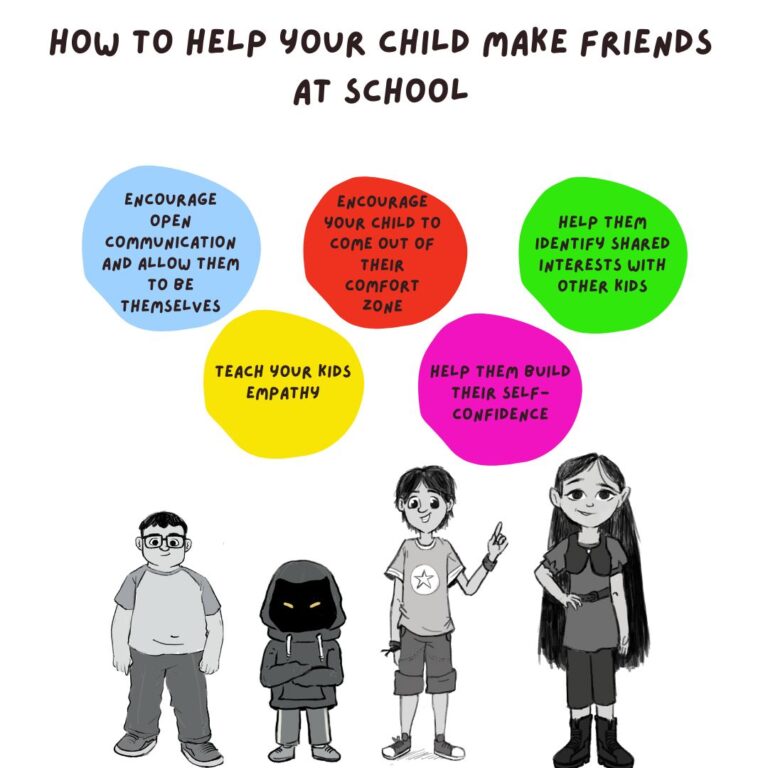
How to help your child make friends at school
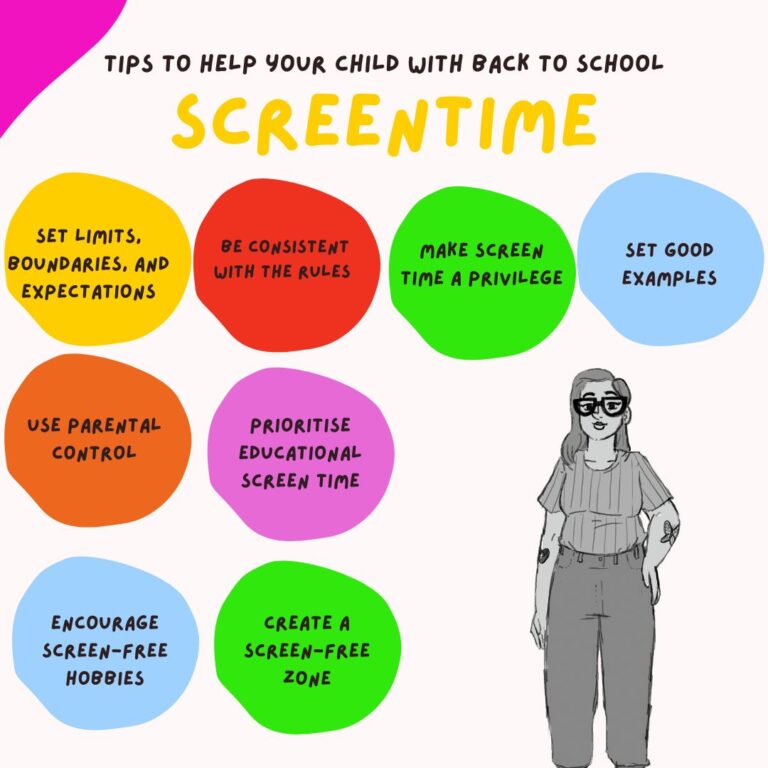
How to Talk to Your Child About Difficult Topic
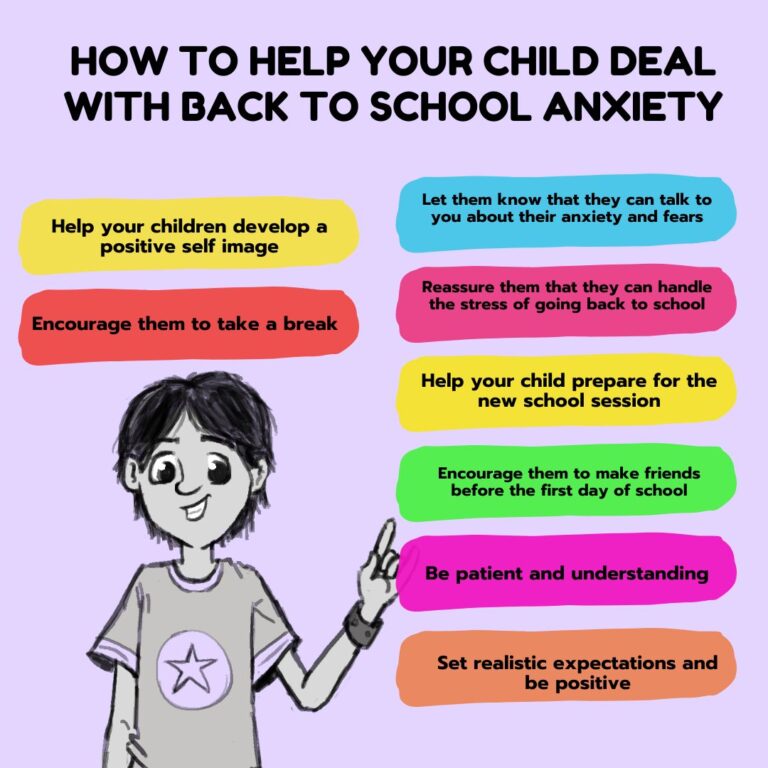
How to Help Your Child Prepare for Back-to-School Anxiety
